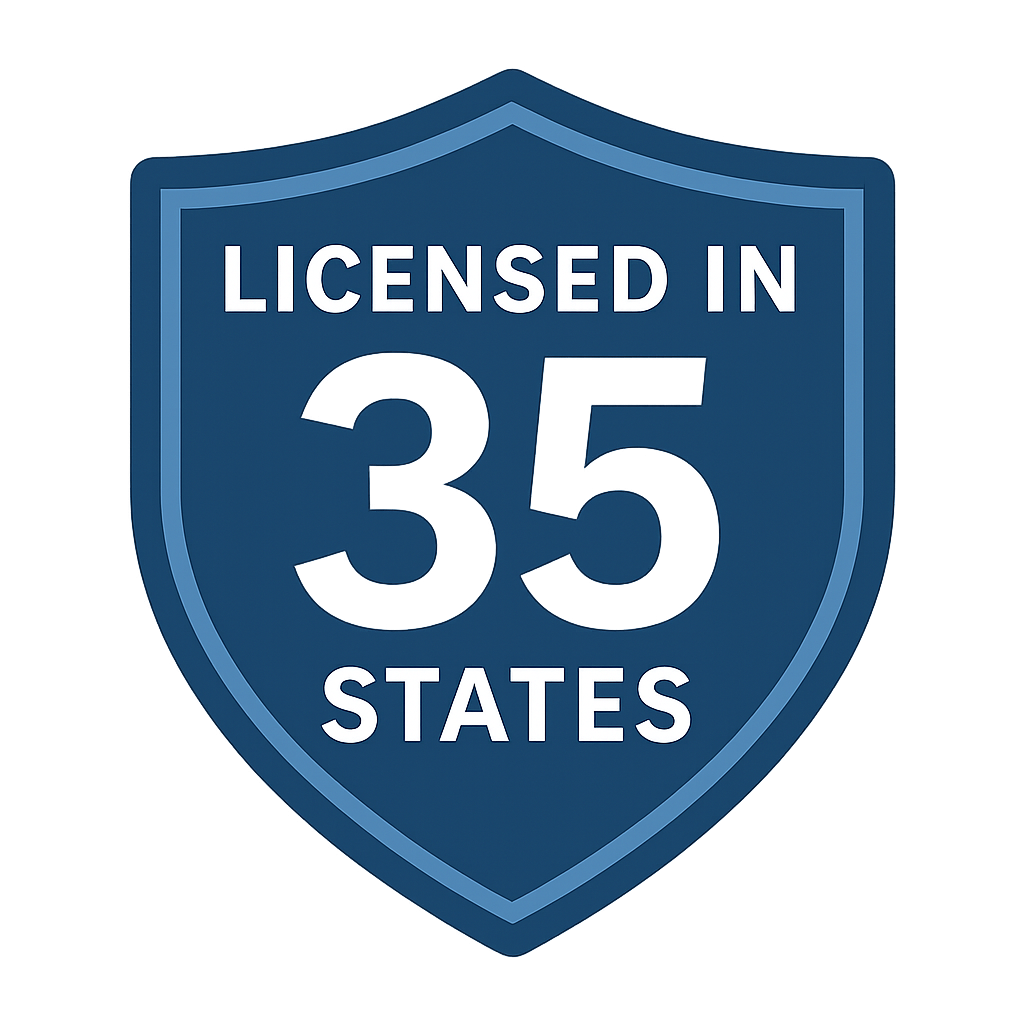Why Is Car Insurance Mandatory?
Car insurance isn’t just a smart idea—it’s the law in almost every state. It protects drivers financially after an accident and ensures that victims are not left paying for someone else’s mistakes. Learn why states require auto insurance, what happens if you drive without it, and how to stay covered affordably.
Why States Require Car Insurance
Car insurance laws exist to make sure that anyone who causes an accident can pay for the damages. Every state sets minimum liability limits, covering injuries or property damage you cause to others. This is known as liability insurance.
Without these laws, victims would have to sue at-fault drivers directly—and many would never recover the costs of repairs or medical care. Insurance keeps the system fair, fast, and predictable.
What Happens Without Insurance?
Without Insurance
- Possible license suspension or fines
- Out-of-pocket costs for all damages
- SR-22 filing required to reinstate license
- Higher future insurance rates
With Coverage
- Financial protection for injuries and repairs
- Meets state legal requirements
- Eligibility for discounts and bundling
- Peace of mind knowing you’re protected
How Minimum Coverage Works
Most states require a minimum liability policy that includes bodily injury and property damage coverage. But these limits—often $25,000 per person or less—may not cover serious accidents. Many drivers add collision and comprehensive protection for full coverage.
Check your current vehicle insurance policy and ask your agent if your limits meet your financial needs.
When Full Coverage Makes Sense
If your car is newer, financed, or leased, your lender will likely require full coverage—including comprehensive and collision protection. These options cover damage from crashes, theft, fire, hail, or vandalism.
Drivers who own their cars outright may choose liability only, but consider whether you could afford repairs or replacement after a total loss before dropping coverage.
Frequently Asked Questions
- Is car insurance required in every state?
- No, but almost all states require proof of financial responsibility. Even in states without mandatory insurance laws, drivers must prove they can pay for damages if they cause an accident.
- What happens if I drive without insurance?
- You may face fines, license suspension, or even vehicle impoundment. You’ll also need an SR22 insurance filing to reinstate your license in most states.
- How much liability insurance should I carry?
- Experts often recommend at least 100/300/100 coverage—$100,000 per person, $300,000 per accident for injuries, and $100,000 for property damage—to better protect your assets.
- Can I bundle policies to save money?
- Yes! Bundling homeowners insurance or renters insurance with your auto policy can lower your rates through multi-policy discounts.
Last Updated on by Zee Caddick




